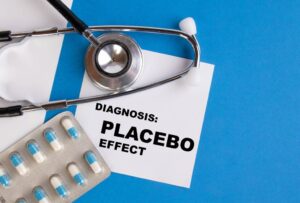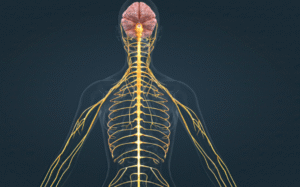Mental & Physical Effects Of Addiction
Substance abuse is a very prevalent problem in the United States. In fact, over 20 million Americans have a substance use disorder, or SUD. Defined as a mental health condition, SUDs are often mentioned synonymously with addiction, but that definition is incorrect. Addiction is more severe, with the individual unable to stop misusing drugs despite it affecting every part of day-to-day life.
Although alcohol and drug addiction is treatable, often a person doesn’t seek help until the negative effects have dangerously impacted the body or formed potentially life-threatening health risks. Below is a brief look into a few serious consequences of addiction and how it can impact the mind, body and long-term health of the user.
Starting with the brain, the use of illicit drugs and psychoactive substances can have severe effects on our most important organ. How so? By inducing a “high,” the parts of the brain responsible for risk, reward and pleasure are activated and flooded with dopamine. As the user continuously seeks this sense of euphoria, it can lead to either temporary or permanent neurological changes.
The short-term effects of drug abuse on the mind can include difficulty concentrating, aggression, a lack of inhibition and even hallucinations. These pale in comparison to the potential long-term impacts as both psychological and neurological capabilities deteriorate. These can range from anxiety and depression to permanent cognitive decline and psychosis. For those who are already afflicted by a mental health problem, assorted drugs can worsen the symptoms and accelerate decline, especially when combined.
Moving down the body, the use of various illicit substances, tobacco and alcohol can create serious oral health problem. From tooth decay to certain types of cancer, these effects can subsequently lead to other health issues, such as digestion. Speaking of digestion, substance abuse can critically damage the liver, kidneys, stomach and other parts of the digestive system. This damage can be so severe it may cause cirrhosis of the liver, kidney disease or liver disease.
An addict’s heart and lungs are also at risk for extreme damage, disease and various forms of cancer. For instance, the consumption of alcohol and most drugs has been linked to cardiovascular problems affecting the performance of the heart and blood vessels. The damage and strain on the vascular system can lead to irregular heartbeat, heart attack, stroke and death. Inhaling or smoking can damage the lungs and increase risk for bronchitis, lung cancer and other critical conditions.
Whether it’s excessively consuming alcohol, abusing prescription drugs or using other, more hazardous illicit substances, the effects of prolonged misuse can be severe. As such, it’s absolutely vital for those suffering from drug addiction to seek treatment for this dangerous and complex disease. If you or someone you know is experiencing substance abuse or addiction, there are hotlines, detox programs and outpatient care professionals who can help.
For further information on the potential impacts of addiction on the different parts of the body, please see the accompanying resource.






